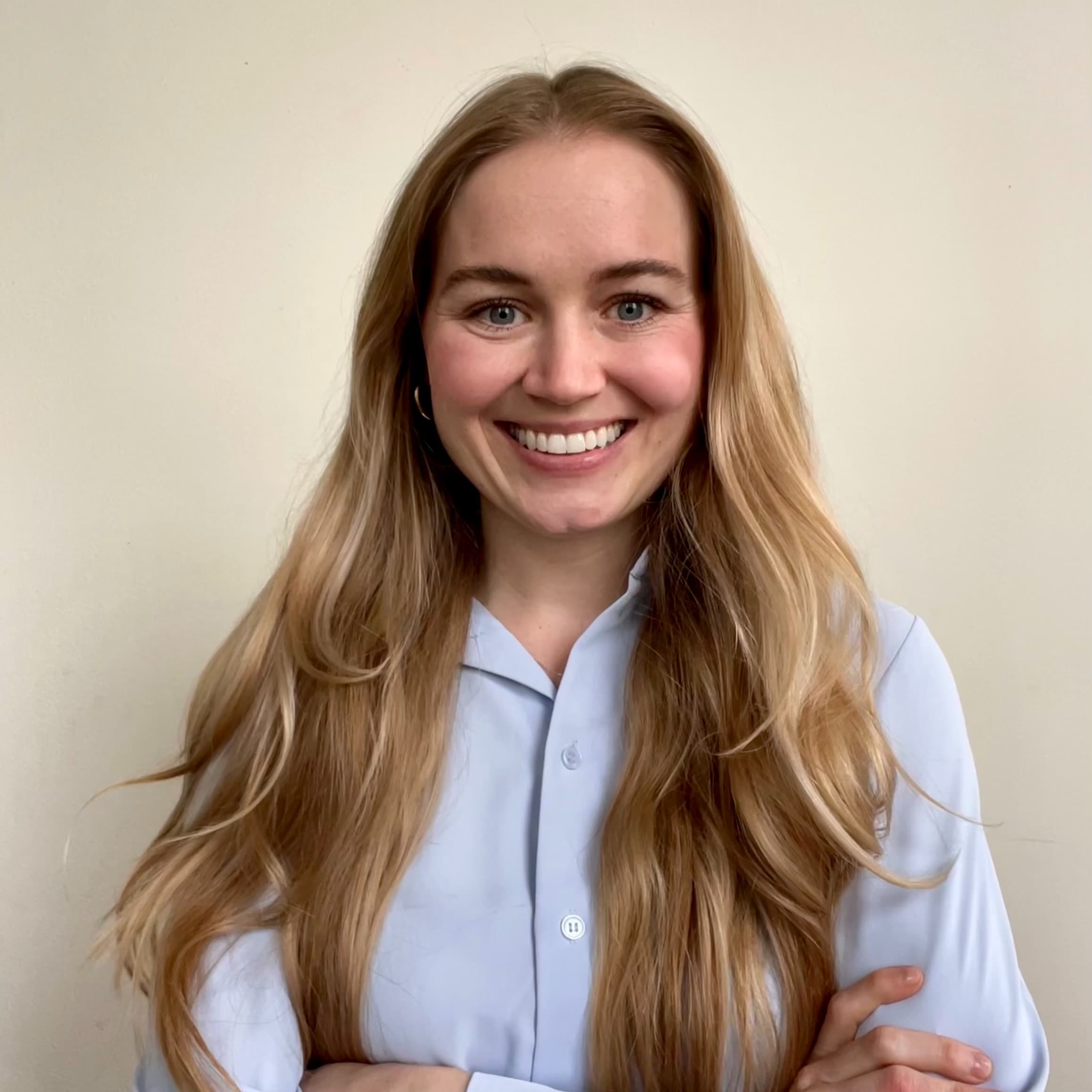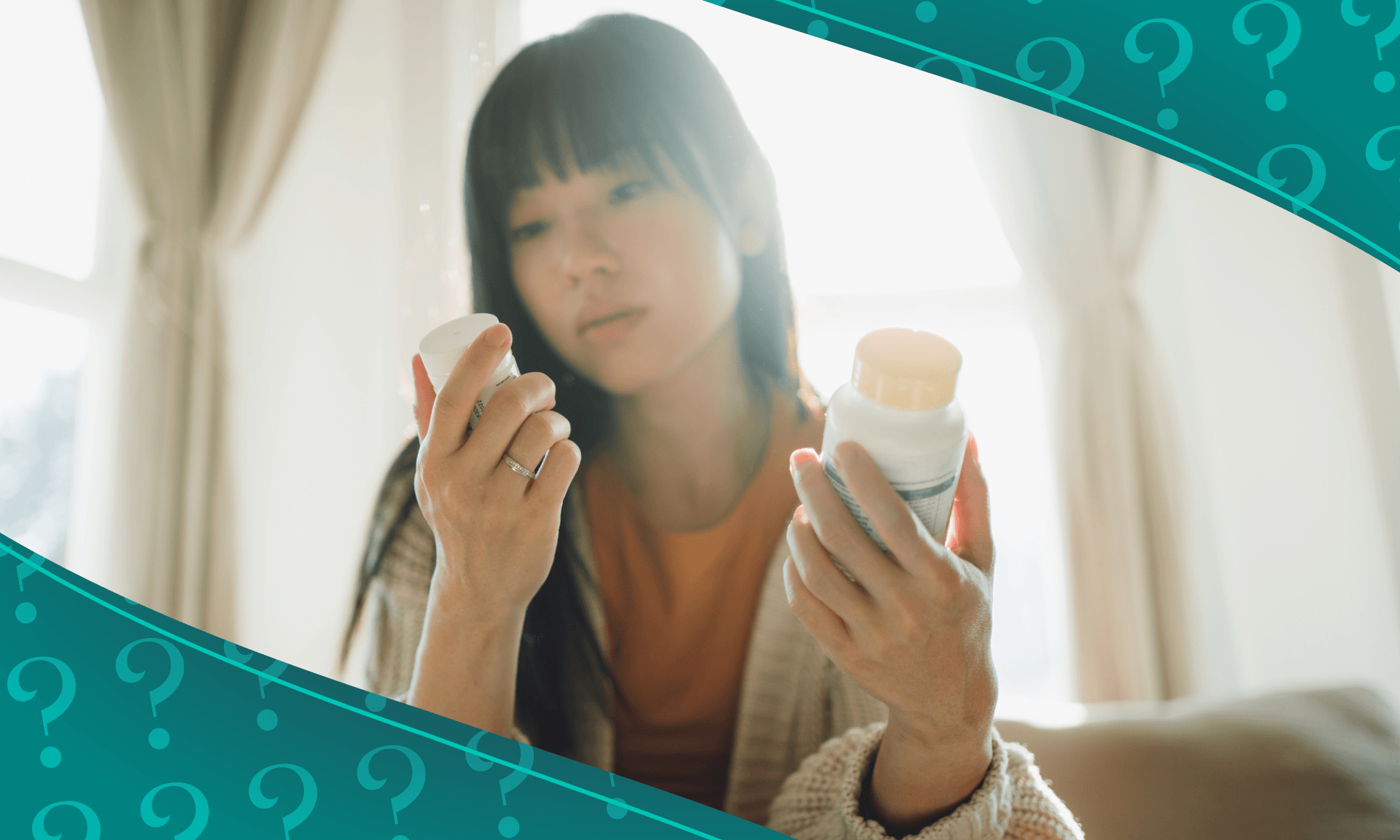Deciding whether or not to take medication for ADHD is a decision only you can make. And there’s no wrong answer here — especially in the midst of an ADHD medication shortage. The fact is, ADHD medication is a safe and effective treatment for most people, but it’s not the only option. Without the right resources, though, treating ADHD without medication can be daunting. Ahead, Janina Maschke, PhD, a psychologist and ADHD researcher, breaks down how natural ADHD treatments could make navigating ADHD symptoms easier.
Some potential side effects of ADHD medication
While ADHD medication can help with “improved focus, attention, and impulse control,” says Maschke, as with any medication, ADHD medication can have side effects. Side effects of ADHD medication can include insomnia, decreased appetite, increased blood pressure, and in some cases, the risk of misuse.
“There are people who successfully live their lives without medication,” says Maschke. “ADHD treatment is essential, but whatever treatment method you choose is up to the individual. Some people cannot take ADHD medication or prefer not to take it.” For example, medical professionals may not recommend it based on conditions such as heart conditions or a history of substance abuse.
Featured Expert:

Janina Maschke, PhD - Psychologist, ADHD Coach, and founder of ADHD Empowerment
How to treat ADHD without medication
There are many natural (aka non-medication-based) treatments for ADHD, says Maschke. As a first step, she recommends consulting with your doctor, a psychiatrist, or psychologist to map out a personal treatment plan for you.
Therapy, if you can get it, is a great alternative (or additional) treatment for ADHD. “Therapists or ADHD coaches can teach time management, organizational skills, coping strategies, emotional regulation tools, and mindfulness techniques,” says Maschke. These tools can help with your executive functioning skills (your ability to control your thoughts, behaviors, and emotions), she says. How often you go to therapy depends on your unique needs and your therapist’s recommendation, she says.
But therapy isn’t the only way to treat ADHD without meds, says Maschke. Other natural ADHD treatments include, “lifestyle changes like regular exercise, a balanced diet, and structured routines,” says Maschke. Plus, educating yourself on ADHD and “how your brain works” can help, she says. (Psst: Here’s what you need to know about ADHD in women).
Neurofeedback therapy is another alternative treatment for ADHD, albeit less researched, says Maschke. During neurofeedback therapy, “electrodes are placed on the person's head to monitor brain activity, and feedback is provided through cues like audio beeps or video games,” she says. “When the brain waves reach the desired frequencies, feedback is given, and [some] believe this can improve attention and reduce hyperactive [or] impulsive behavior.”
Outside of therapies and mindfulness practices, there are plenty of practical ways you can manage your ADHD symptoms. “Use alarms and reminders, break tasks into smaller steps, [wear] noise canceling headphones, [and] try to make boring tasks more fun or entertaining,” says Maschke. You may also want to try body doubling, which means “[completing a task] alongside someone else to stay focused and organized,” she says. Above all, don’t be afraid to ask for accommodations and support at home or at work to help navigate ADHD.
Ask an Expert is for informational purposes only, does not constitute medical advice, and is not a substitute for professional medical advice, diagnosis, or treatment. Always seek the advice of your physician, mental-health professional, or other qualified health provider with any questions you may have regarding a medical condition. By submitting a question, you are agreeing to let theSkimm use it—in part or in full—and we may edit its answer for length and/or clarity.
Live Smarter
Sign up for the Daily Skimm email newsletter. Delivered to your inbox every morning and prepares you for your day in minutes.
